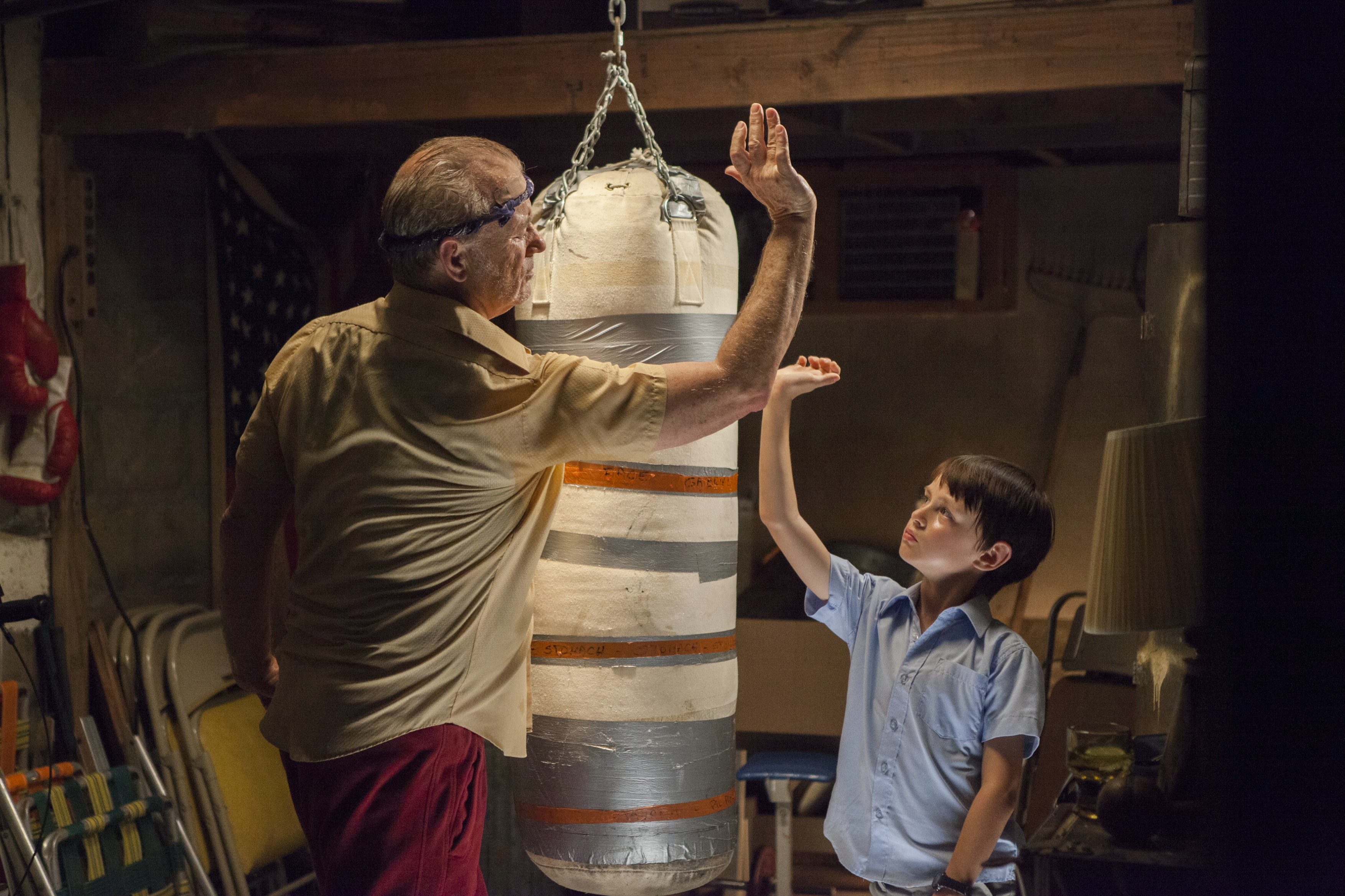St. Vincent is a perfectly fine movie. It has some funny dialogue, a strong Bill Murray performance, and is centered on a particular character’s arc. The relationship between Murray’s Vincent and child protagonist Oliver (Jaeden Lieberher) is fun to watch, and it feels like a “complete” story. It doesn’t outright bungle any particular aspect of its narrative and if you’re looking for something to watch, you could certainly do worse.
But the problem with St. Vincent, like the paragraph above, is that it is unremarkable and by the books. It takes the shape of an emotional dramedy with a flawed protagonist and his young, innocent new friend, but it doesn’t seem to have a unique point of view or any flair to differentiate it from other movies. Despite the best efforts of the cast, St. Vincent lacks the soul to truly elevate it.
It’s all a matter of an attention to form rather than function. The script, by first-time writer-director Theodore Melfi, feels like something a writer would put together immediately after reading the screenplay book “Save the Cat.” We’re given examples of Vincent being a decent human being a few times early in the picture so that he’s allowed to be a complete jerk elsewhere without us losing our empathy. His relationship with Oliver hits all the usual beats: bitter distaste about having to be around him, sympathy, mentorship, friendship, betrayal, and reconciliation. However, these moments never feel like they lead naturally into one another. They simply occur because the form of the reluctant-friendship narrative insists that they occur.
In addition to the standard story outline above, St. Vincent also incorporates the death of a loved one, a physically debilitating disability, a recovery montage, and a character praising his estranged friend in front of a public audience. This movie is absolutely drowning in formula. I suppose the question becomes, if a movie is “good” because it hews completely to cliches and tried-and-true story outlines rather than forging its own way as an interesting or unique narrative, is its reliance on formula relevant?
As a critic, I would say that yes, it is. If we want to continue to see cinematic storytelling expand and impress us, we need to be aware of when a movie is simply coasting. There are a lot of very talented people in St. Vincent (Bill Murray! Melissa McCarthy! Naomi Watts!), and it’s something of a shame to see them telling a story that has been told so many times, and often so much better than it is here.
But I also recognize that, to a moviegoer who may not think so much about the work that goes into a movie’s creation, this might not matter so much. Even if Theodore Melfi is just filling in the blanks of a pre-made template, if you’re not familiar with the template, then that probably won’t bother you. In that case, this review may seem to be criticizing the strings in a puppet show rather than the show itself.
So to those people, I say go ahead and watch St. Vincent. It’s a fine movie. But we can, and should, do better.
